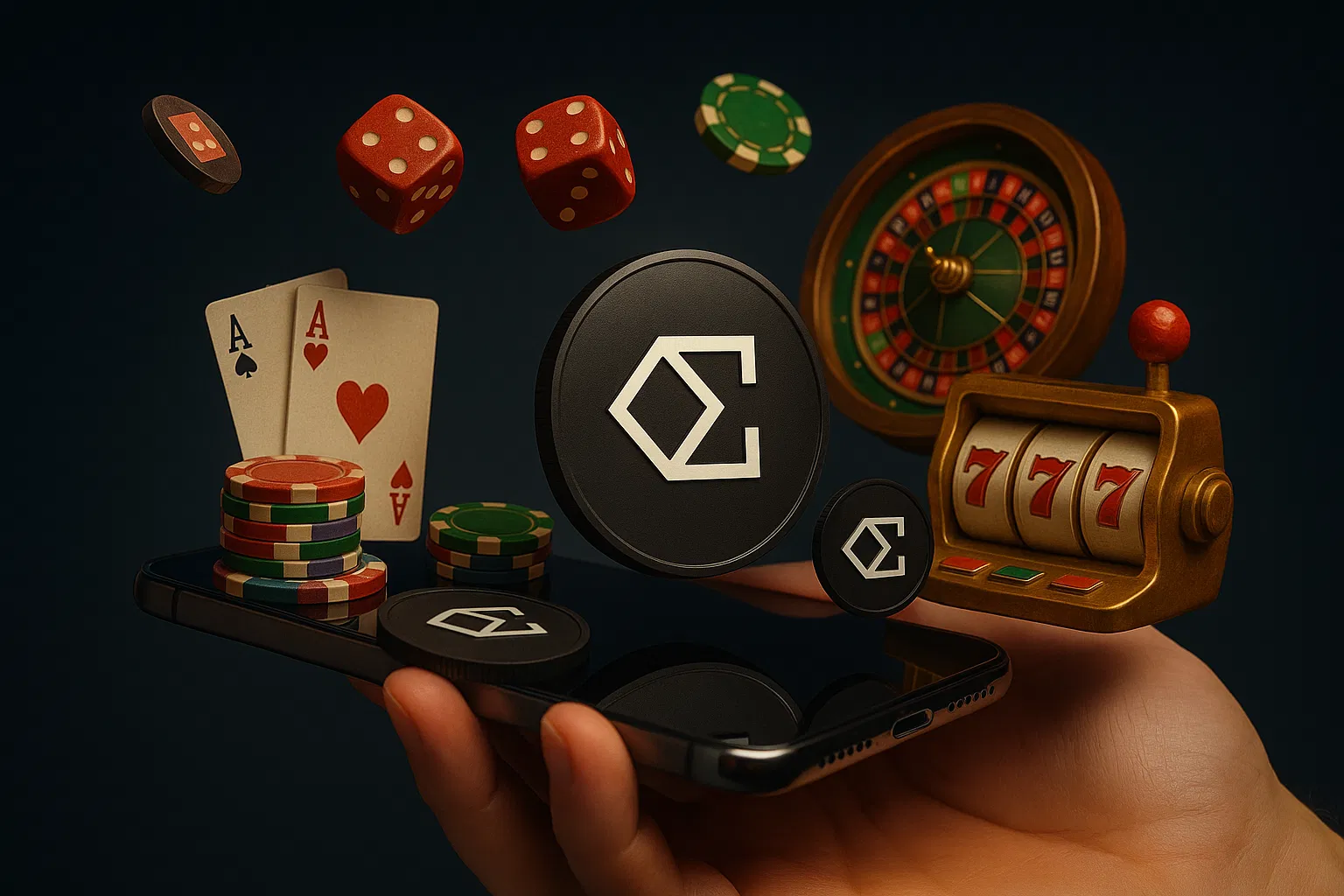In 2025, the biggest disruption in the online casino world isn’t a new bonus system or flashy game — it’s decentralized governance. A growing wave of Web3 gambling platforms are now powered by DAOs (Decentralized Autonomous Organizations), allowing players and token holders to shape the platforms they use.
What Is a Casino DAO?
A casino DAO is a self-governed ecosystem where decisions once handled by a centralized operator are now controlled by the community. Token holders propose and vote on key elements of the platform, including:
- Which games to launch or retire
- How much to allocate to jackpots and prize pools
- Token emission rates for bonuses and staking
- Affiliate onboarding rules
- Treasury usage for marketing, buybacks, or yield rewards
Voting typically happens via snapshot systems or on-chain governance, with token weight tied to voting power. Some platforms also experiment with quadratic voting to prevent whale dominance.
Casino DAO Governance Flow
Case Study: RevsDAO
One of the best examples is RevsDAO, the governance protocol behind RevsBet. Users who stake $TAX tokens gain voting power over key platform decisions. In a recent vote, users approved a 0.25% buyback-and-burn of $TAX from net profits — a change that was executed autonomously via smart contract, without any admin intervention.
DAO governance decisions in RevsDAO have included:
- Geo-targeting for marketing campaigns
- Distribution of weekly SOL rewards
- Onboarding requirements for new affiliate partners
Why Players Support DAO Casinos
DAO-powered platforms offer a range of benefits over traditional online casinos:
- On-Chain Transparency – Every proposal and vote is publicly viewable
- Incentivized Participation – Voters can earn rewards or access to exclusive perks
- Community Ownership – Players become long-term stakeholders
- Resilience – With no central authority, DAO casinos are harder to shut down
Even investor groups and NFT guilds are participating by pooling governance tokens to shape game outcomes or vote on platform expansions.
Challenges of DAO-Led Casinos
However, DAO casinos aren’t without limitations:
- Low Voter Turnout – Many token holders don’t participate in governance
- Token Concentration – Whales can control outcomes in poorly designed systems
- Legal Grey Areas – DAOs may still be subject to gambling laws in major markets
To address these concerns, some platforms have implemented quorum requirements, veto powers, and delayed proposal execution to increase accountability.
Regulation & Legal Recognition
Interestingly, regulators are starting to engage with DAOs — not to ban them, but to understand them. The Malta Gaming Authority is currently exploring DAO compliance as part of its blockchain gambling review. In the U.S., Wyoming’s DAO LLC framework has already appeared in crypto casino documentation, giving DAO platforms some legal footing.
DAO vs Traditional Casino Governance
Traditional Casino
- Centralized decision-making
- Opaque use of funds
- No community voting
- Closed-source game logic
- Can be shut down easily
DAO Casino
- Token holders propose/vote
- On-chain treasury transparency
- Community-driven governance
- Smart contract controlled features
- Resilient to censorship
Final Thoughts
DAO-led casinos are pushing gambling into a new era — one where players don’t just play games, they shape the platform. From transparency to economic incentives, these models empower users and decentralize power away from private operators.
The challenges are real, but so is the momentum. The next tournament, bonus, or affiliate deal might not come from a CEO — it might be voted in by the community itself.





